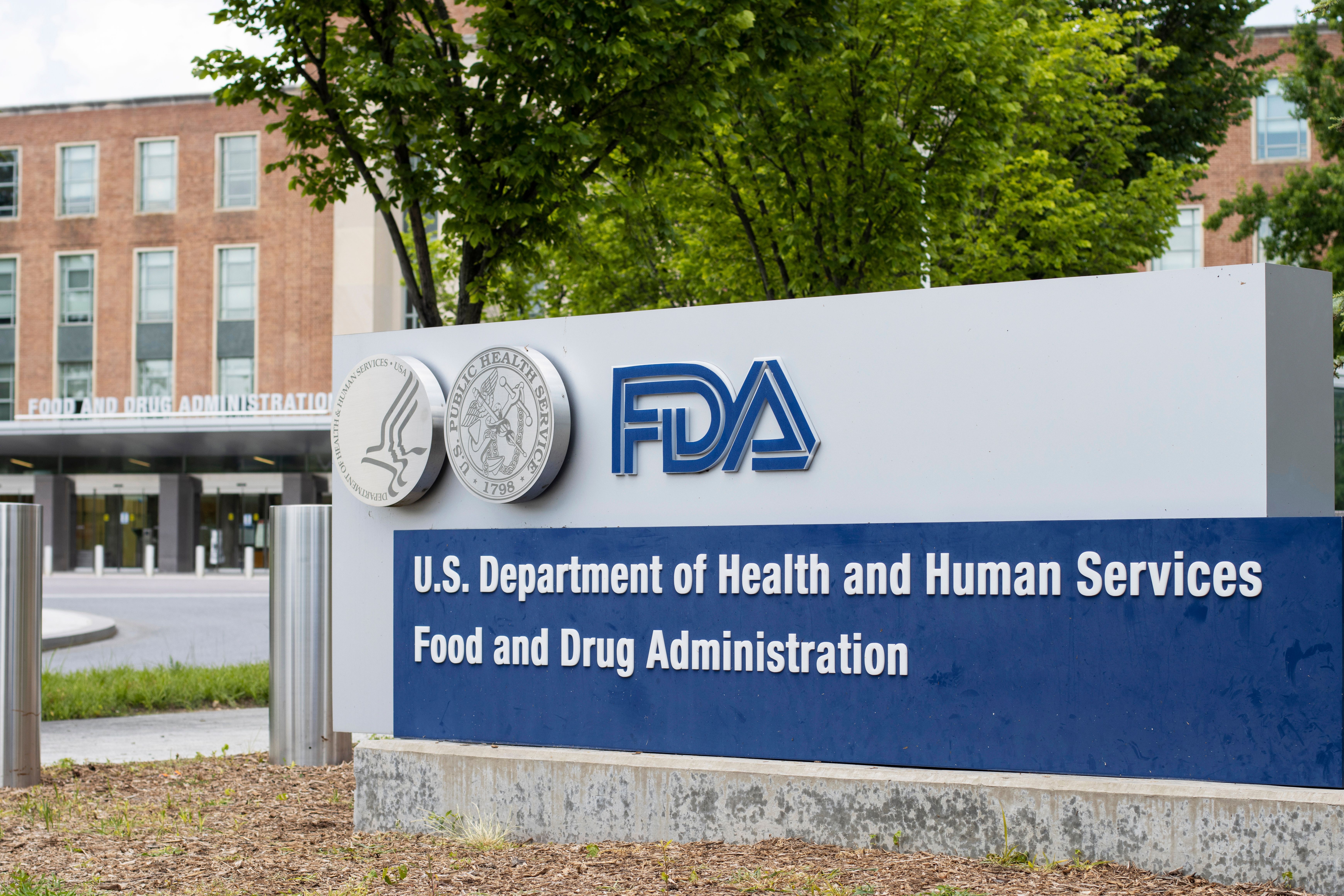- Center on Health Equity & Access
- Clinical
- Health Care Cost
- Health Care Delivery
- Insurance
- Policy
- Technology
- Value-Based Care
FDA Approves At-Home Belimumab Autoinjector for Pediatric Lupus Nephritis
Belimumab is now the first and only subcutaneous biologic therapy approved for at-home administration in pediatric lupus nephritis.
The FDA has approved the 200 mg/mL autoinjector formulation of belimumab (Benlysta; GSK) for subcutaneous use in pediatric patients 5 years and older with active lupus nephritis, expanding treatment options for children living with this serious complication of systemic lupus erythematosus (SLE).1
With this decision, belimumab becomes the first and only subcutaneous biologic therapy approved for at-home administration in pediatric lupus nephritis, offering families a new level of convenience and flexibility, according to a GSK news release. The 200 mg/mL autoinjector was originally approved in May 2024 for children 5 years and older with SLE.2 This expanded indication now allows caregivers and patients with lupus nephritis to avoid frequent in-clinic intravenous (IV) infusions.1
“Having the Benlysta autoinjector provides a much-needed option that can help reduce the burden of frequent clinic visits for treatment and add greater flexibility for children and their families when considering continuity of care and routines of daily life,” Louise Vetter, president and CEO of the Lupus Foundation of America, said in the news release.
Lupus nephritis affects approximately 30% to 50% of children with SLE, typically within the first 2 years of diagnosis. It is one of the most severe manifestations of the disease, occurring when the immune system mistakenly attacks the kidneys. If left unmanaged, lupus nephritis can lead to irreversible kidney damage and end-stage renal disease, requiring dialysis or transplant.
The FDA approved GSK's belimumab for pediatric lupus nephritis. | Image credit: Tada Images – stock.adobe.com

Belimumab is a B-lymphocyte stimulator–specific inhibitor that reduces the survival of B cells, including autoreactive B cells implicated in lupus pathogenesis. The drug was first approved to treat adults with SLE in 2011 and later for lupus nephritis. It remains the only biologic therapy approved for both SLE and lupus nephritis in the pediatric population.
Under the new approval, eligible patients currently receiving IV infusions of belimumab for lupus nephritis may transition to the autoinjector, following consultation with their health care provider. Caregivers will receive training and instructions on proper administration to ensure safe at-home use, according to the release.
“For children and parents of children with lupus nephritis, this approval represents a choice in their care,” said Court Horncastle, senior vice president and head of US specialty at GSK. “Providing this at-home treatment option with the efficacy and safety of Benlysta is a testament to our ongoing commitment to the lupus community.”
The expanded approval is based on data demonstrating safety and efficacy in pediatric populations, which were consistent with findings from adult trials, according to the release. A retrospective cohort study published in the European Journal of Pediatrics evaluated children with newly diagnosed active lupus nephritis and found that adding belimumab to standard treatment resulted in similar renal remission and recurrence rates compared with traditional therapy alone, despite patients in the belimumab group having higher baseline disease activity.3 Importantly, complement levels (C3/C4) recovered more quickly, and patients treated with belimumab required significantly lower glucocorticoid doses at both 6 and 12 months. The incidence of adverse events was low, suggesting belimumab may help reduce long-term steroid exposure without compromising efficacy.
The most common adverse reactions associated with subcutaneous belimumab include nausea, injection site reactions, headache, and infections.1 The prescribing information includes warnings for serious infections, hypersensitivity reactions, progressive multifocal leukoencephalopathy, and depression or suicidality.
The 200 mg/mL belimumab autoinjector is available immediately.
References
- FDA approves benlysta (belimumab) autoinjector for children with active lupus nephritis. News release. GSK. June 24, 2025. Accessed June 24, 2025. https://us.gsk.com/en-us/media/press-releases/fda-approves-benlysta-belimumab-autoinjector-for-children-with-active-lupus-nephritis/
- FDA approves benlysta (belimumab) autoinjector for children with systemic lupus erythematosus. News release. GSK. May 20, 2024. Accessed June 24, 2025. https://us.gsk.com/en-us/media/press-releases/fda-approves-benlysta-belimumab-autoinjector-for-children-with-systemic-lupus-erythematosus/
- Li H, Chen C, Yang H, Tu J. Efficacy and safety of belimumab combined with the standard regimen in treating children with lupus nephritis. Eur J Pediatr. 2024;183(9):3987-3995. doi:10.1007/s00431-024-05662-9
